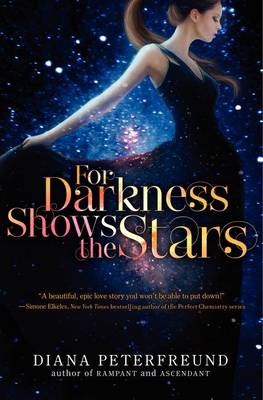I've never read Persuasion before but what I learned from this book is that it's harder to read about two people in love, separated in the same room than two people trying to fall in love that can't quite manage to come together. How Elliot managed to walk through this book without tears streaming down her face, I'll never understand. Also, I think there's something sort of beautiful about being emotionally composed and in control but so affected that you can't keep the tears from escaping even as you hold your voice steady. That's how I imagined Elliot in most of these scenes, only she wouldn't cry.
All that being said, the cast of characters in this novel is interesting. The skipping through time was a bit disorienting, but only in the first jump. After that it was an interesting way for Elliot and Kai to unfold as characters even when they were discussing things we already knew. Because we got to see what Elliot eventually realize that Kai always was that man. He hadn't changed, he'd just become who he always wanted to be. The science was a little soft and the cultural structure a little redundant, but it worked for a story that really isn't about those things. They serve their purpose in moving these characters through the playing field of the novel so I don't really have any complaints.
If it wasn't so sad, I'd probably read it again sometime.
Reviewed by ladygrey on
Reading updates
- Started reading
- 3 July, 2012: Finished reading
- 3 July, 2012: Reviewed
